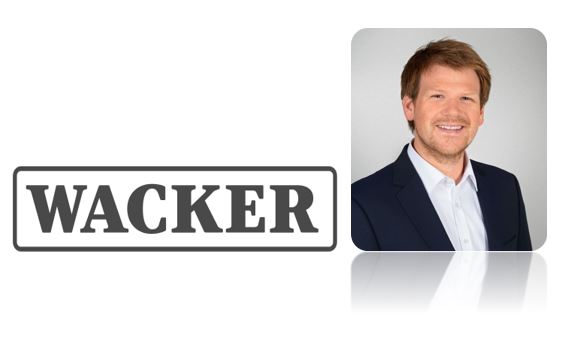With a material science background my first contact with PV were small hollow cubes made of perovskites in a chemistry group at beautiful Lake Constance. Afterwards I got the chance to work on silicon materials for photovoltaic in depth, so I stayed in Constance for a few more years. In the meantime, I have moved on to the upstream sector and work for WACKER in polysilicon applications. This is my connection to the PILATUS project, in which we are at the forefront of PV technology in Europe.
What was your original motivation to become a researcher/project manager?
During my time at university, I already worked on research projects with a wide range of partners, from institutes to industry. The different perspectives and the exchange are enriching and exciting. That’s why I’m happy to continue this work at WACKER Polysilicon.
What is your (main) research area today?
WACKER Polysilicon is involved in various silicon photovoltaic research projects on national and European level, and I am managing those projects.
What is the main focus of your team in PILATUS?
WACKER Polysilicon is supplying its hyper-pure material for growing monocrystalline ingots. Thereby, we contribute to high-quality wafers required for increasing solar cell efficiencies.
From all your activities within the project, what are you the most proud of/keen to share with the public?
I am inspired by the collaboration of so many different people from all over Europe, who are all connected to PV, with the common goal of being able to demonstrate a complete value chain from the raw material to the finished PV module.
How do you expect the PILATUS results will impact your organisation and the PV sector in Europe?
PILATUS will demonstrate that a fully integrated PV production in Europe is possible and that WACKER’s polysilicon, renowned for its outstanding purity, allows benchmark efficiencies in solar modules.

